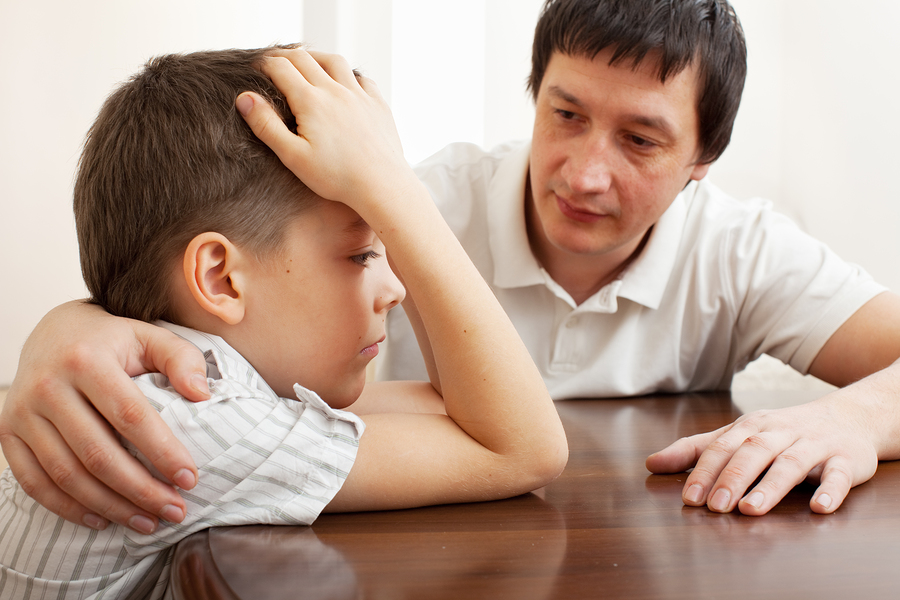Helping Your Child Adjust to Custody Arrangements

Divorce is never easy. For parents, one of the primary concerns is how the situation will likely impact their children. Going from living with both parents in the family home to child custody and visitation arrangements is a major adjustment. The following steps can help you support them through this process.
Child Custody Arrangements That Serve Your Child’s Best Interests
In prior generations, parents who got divorced had few options in terms of handling child custody arrangements. In general, one of the parties (often the mother) would have sole custody while the other got visitation. Today, courts are more in favor of joint custody plans that allow both parties to remain active and engaged in their child’s life.
Under the New Jersey Statutes, a parenting plan is required, outlining the amount of time the child spends in each parent’s home and the level of legal authority the parent has in their life. Making sure the child’s best interests are served is the number one priority. Factors the court considers in making and approving these plans include:
- The relationship between the child and each parent;
- The amount of involvement each parent has previously had in the child’s life;
- The parents’ ability to provide for their child’s physical, emotional, and developmental needs;
- The existence of issues, such as domestic violence, criminal activity, or drug and alcohol addiction, which could put the child in danger.
Another consideration is the parents’ ability to cooperate with one another in making and sticking with these plans. Once an order is in place, a parent can face serious consequences for failing in the responsibilities laid out within it.
Helping Your Child Adjust
Provided the other parent is not abusive or engaging in behavior that poses a threat to the child, it is important to put personal differences aside in favor of supporting his or her role in your child’s life. Despite the fact that the relationship did not work out between you and your ex, he or she can still be a good parent to your child. However, there is an adjustment period your child is likely to go through. Parents recommend the following tips to support them in this process:
- Make sure they have designated space and personal belongings in the other parent’s home;
- Take into consideration the child’s school, recreational, and social schedule when making your plans;
- Be considerate of the other parent’s schedule, and avoid being late for exchanges or canceling visits at the last minute;
- Be clear in how you will communicate with the other parent regarding matters impacting your child;
- Avoid using your child to send messages to the other parent;
- Avoid bad mouthing or criticizing the other parent in front of the child;
- Avoid overindulging the child when they are with you and try to enforce the same rules in each home.
Even though it may be awkward or difficult at first, remember that your child will benefit from seeing you and the other parent acting civilly toward and cooperating with the other. In cases in which disagreements do arise that can not be resolved or are not outlined in your child custody order, reach out to our child custody attorney.
Our New Jersey Child Custody Attorney is Here to Help
At the Law Office Of Jordan B. Rickards, we know how important it is to protect your children and your rights as a parent. To discuss your situation with our New Jersey child custody attorney, call or contact our office online and request a free consultation today.
